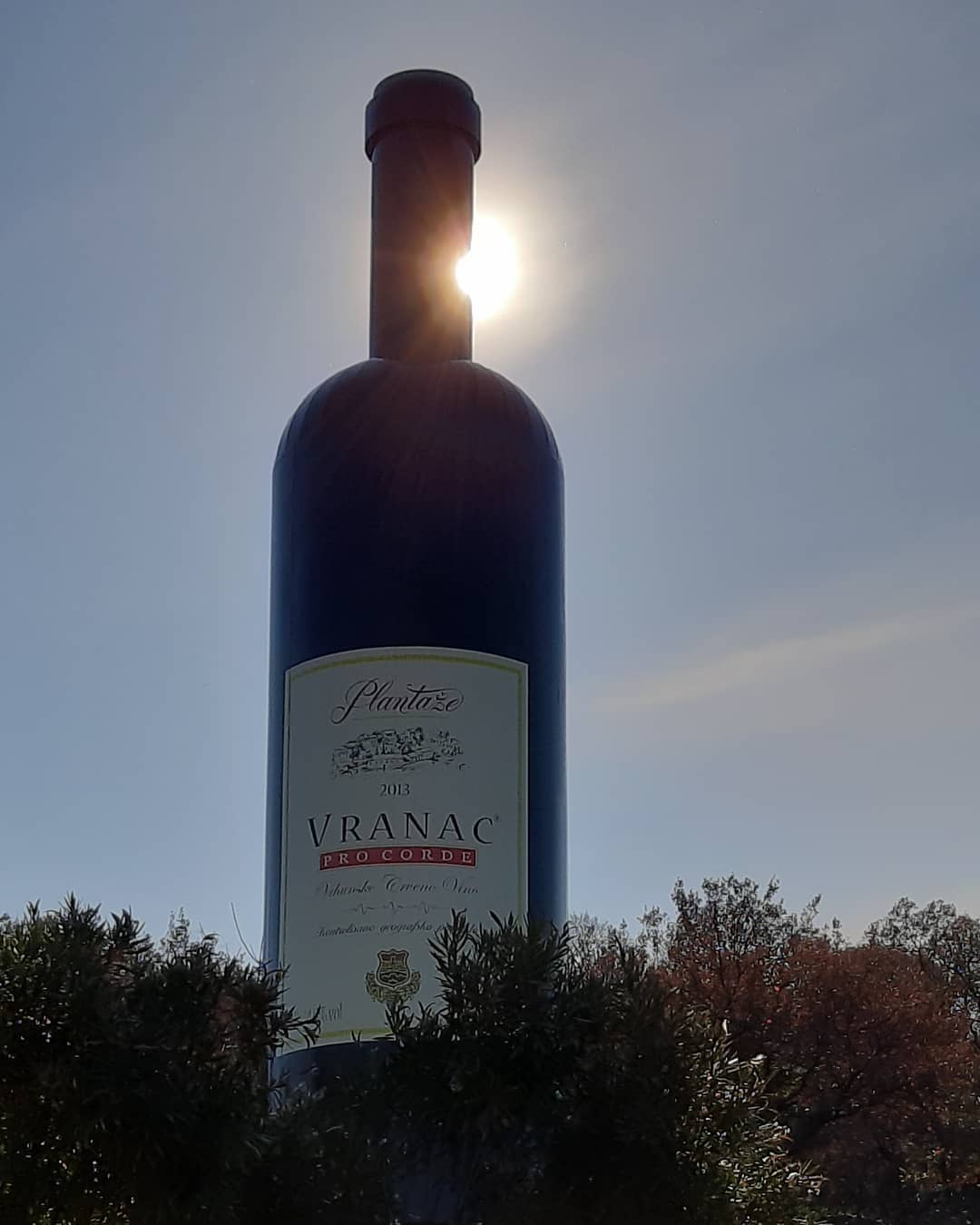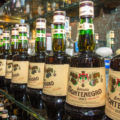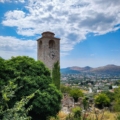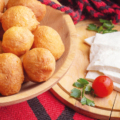Introduction
The culture of drinking alcohol varies greatly from country to country, influenced by a variety of factors including laws, traditions, and societal norms. In Montenegro, a small yet culturally rich country in southeastern Europe, alcohol plays a significant role in social interactions and celebrations. This article aims to delve into the specifics of alcohol consumption in Montenegro, highlighting the legalities and customs associated with it.
Legal Age for Alcohol Consumption
The legal age for alcohol consumption in Montenegro is 18 years, similar to many other European countries. This law is strictly enforced, and individuals may be asked to provide identification to confirm their age when purchasing alcohol or entering bars and nightclubs.
Popular Alcoholic Beverages
Montenegro has a rich tradition of winemaking, and local wines are widely consumed. The country’s most famous alcoholic beverage, however, is a grape brandy called “rakija”. This potent spirit, usually homemade, is a staple at Montenegrin gatherings and is often used to toast special occasions. Montenegro is also home to the renowned “Crno vino” (red wine) and “Bijelo vino” (white wine) which are widely recognized for their distinct flavors.
The Wine Culture in Montenegro
Montenegro’s wine culture is deeply rooted in its history and traditions, dating back centuries. The country’s unique climate and terrain offer optimal conditions for vine cultivation, and viticulture has become a vital part of Montenegro’s agricultural sector. From the small, family-run vineyards to the larger, more established wineries, wine production is an integral aspect of Montenegrin life and culture.
The most popular Montenegrin wines are Vranac, a robust red wine with a deep, ruby color and rich flavor, and Krstač, a dry white wine known for its light, crisp taste. Both are indigenous grape varieties and are highly representative of the local terroir. These wines and others can be sampled at numerous wineries across the country, many of which offer tasting tours.
Wine tasting in Montenegro is a unique experience that allows visitors to not only enjoy the country’s fine wines but also gain an insight into its culture and traditions. Many wineries offer guided tours, where you can learn about the winemaking process, from grape cultivation to fermentation to bottling. These tours often include a tasting session where you can sample a selection of their wines, paired with local cheeses and other delicacies.
Wine festivals and events are also common in Montenegro, such as the annual “Days of Wine and Bleak” in Virpazar, which celebrates the local wine and fish specialties. These events offer a fantastic opportunity to immerse oneself in the local culture, meet the winemakers, and taste a wide array of Montenegrin wines.
Overall, the wine culture in Montenegro is a celebration of the country’s heritage and the passion of its people. Whether you’re a seasoned wine connoisseur or a casual enthusiast, the Montenegrin wine scene is sure to leave a lasting impression.
The Beer Culture in Montenegro
When discussing alcoholic beverages in Montenegro, one can’t ignore the growing popularity and variety of local beers. Montenegrin beer culture has evolved significantly over the years, with a variety of both mass-produced and craft beers available throughout the country. The most widely recognized Montenegrin beer is ‘Niksicko’, named after the town of Niksic, where the brewery is located. Available in both lager and pilsner varieties, Niksicko is a staple in bars, restaurants, and households across Montenegro. Moreover, the craft beer scene in Montenegro has been steadily gaining momentum. Smaller breweries such as ‘Craft Brewery Pivnica Gorica’ and ‘Crna Gora Brewery’ have been making a name for themselves with their unique flavors and brewing techniques.
Drinking Customs and Etiquette
Montenegrins enjoy a social drinking culture, and it’s common to see friends and families sharing a bottle of rakija or wine at meals or gatherings. Toasting is a common practice, and it’s considered polite to maintain eye contact when clinking glasses. Refusing a drink can sometimes be seen as a slight, so it’s good to explain if you’re not drinking.
Alcohol Availability
Alcohol is readily available in Montenegro. It can be purchased at supermarkets, convenience stores, and specialized liquor stores. In addition, many restaurants, bars, and cafes serve a wide variety of alcoholic beverages.
Conclusion
In conclusion, yes, you can drink alcohol in Montenegro, provided you are of legal age and consume responsibly. Montenegro offers a rich tapestry of local beverages and traditions that allow visitors to immerse themselves in the country’s culture. As always, when enjoying the country’s local spirits, moderation and respect for local customs and laws are key. Remember, the goal of sampling local beverages should be to enhance your understanding and appreciation of the culture, rather than simply to imbibe. Drink responsibly and enjoy the rich flavors that Montenegro has to offer.





